Applications of Drum Screens Across Various Industries
Drum screens have become an essential tool in various industries. Known for their efficiency and versatility, they excel in material separation tasks. From mining to food processing, drum screens have significantly improved operational processes. This article explores the key applications of drum screens across different sectors and highlights their benefits.
1.Mining: Enhancing Mineral Extraction
Drum screens are indispensable in the mining industry. They play a crucial role in separating valuable minerals from ore. By effectively removing unwanted materials, drum screens enhance the efficiency of downstream processes. They allow miners to improve the quality of the final product, ensuring a more efficient extraction process.
Improving Efficiency in Ore Processing
In mining operations, the need for efficient ore processing cannot be overstated. Drum screens make it possible to separate large quantities of ore quickly. This efficiency leads to significant cost savings. By eliminating impurities early in the process, mining operations can focus on refining high-quality minerals.
Boosting Profitability with Cleaner Output
Cleaner output means higher profitability. Drum screens help mining companies achieve this by filtering out debris and unwanted materials. This allows for better resource allocation and increases the yield of valuable minerals. As a result, mining companies can maximize their profits and minimize waste.
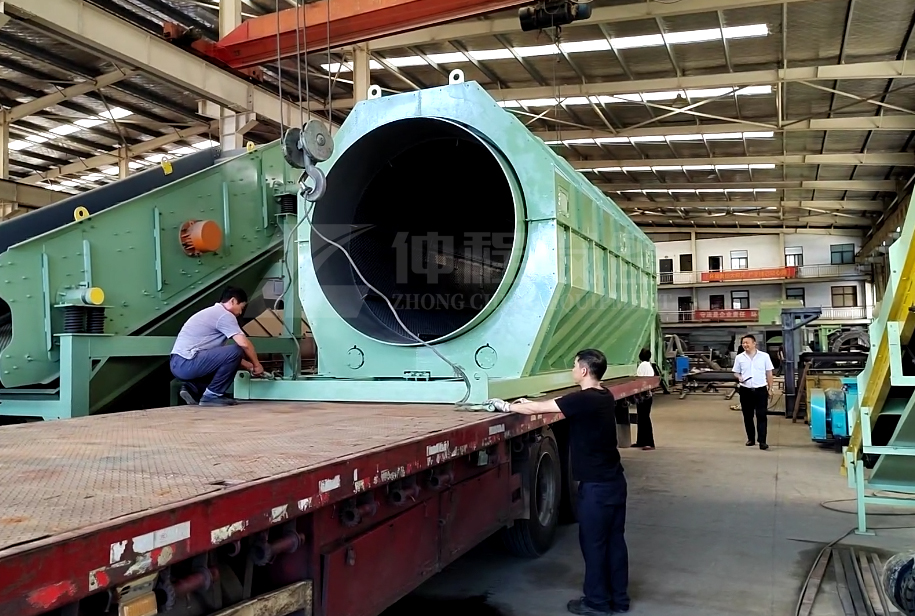
2.Agriculture: Ensuring Quality in Grain Processing
In agriculture, drum screens are vital for grain cleaning and sorting. They efficiently separate foreign particles, such as stones and debris, from harvested grains. This ensures that the final product is clean, safe, and market-ready.
Enhancing Productivity in Grain Cleaning
Farmers rely on drum screens to enhance productivity. By automating the cleaning process, they can handle larger volumes of grain. This automation reduces manual labor and increases the speed of grain processing. As a result, farmers can deliver high-quality grains to market faster.
Protecting Consumer Health
Ensuring that grains are free of contaminants is critical. Drum screens help maintain food safety standards by removing harmful particles. This is crucial for protecting consumer health and ensuring compliance with industry regulations.
3.Waste Management: Efficient Recycling and Disposal
Drum screens are widely used in waste management facilities. They efficiently separate recyclable materials based on size, streamlining the recycling process.
1.Reducing Environmental Impact
Efficient waste separation reduces environmental impact. Drum screens help achieve this by ensuring that recyclable materials are processed correctly. This process minimizes waste sent to landfills and promotes sustainable recycling practices.
Improving Waste Disposal Efficiency
Drum screens also play a role in waste disposal efficiency. By sorting waste materials accurately, they reduce the time and resources needed for disposal. This leads to cost savings and improved environmental outcomes.
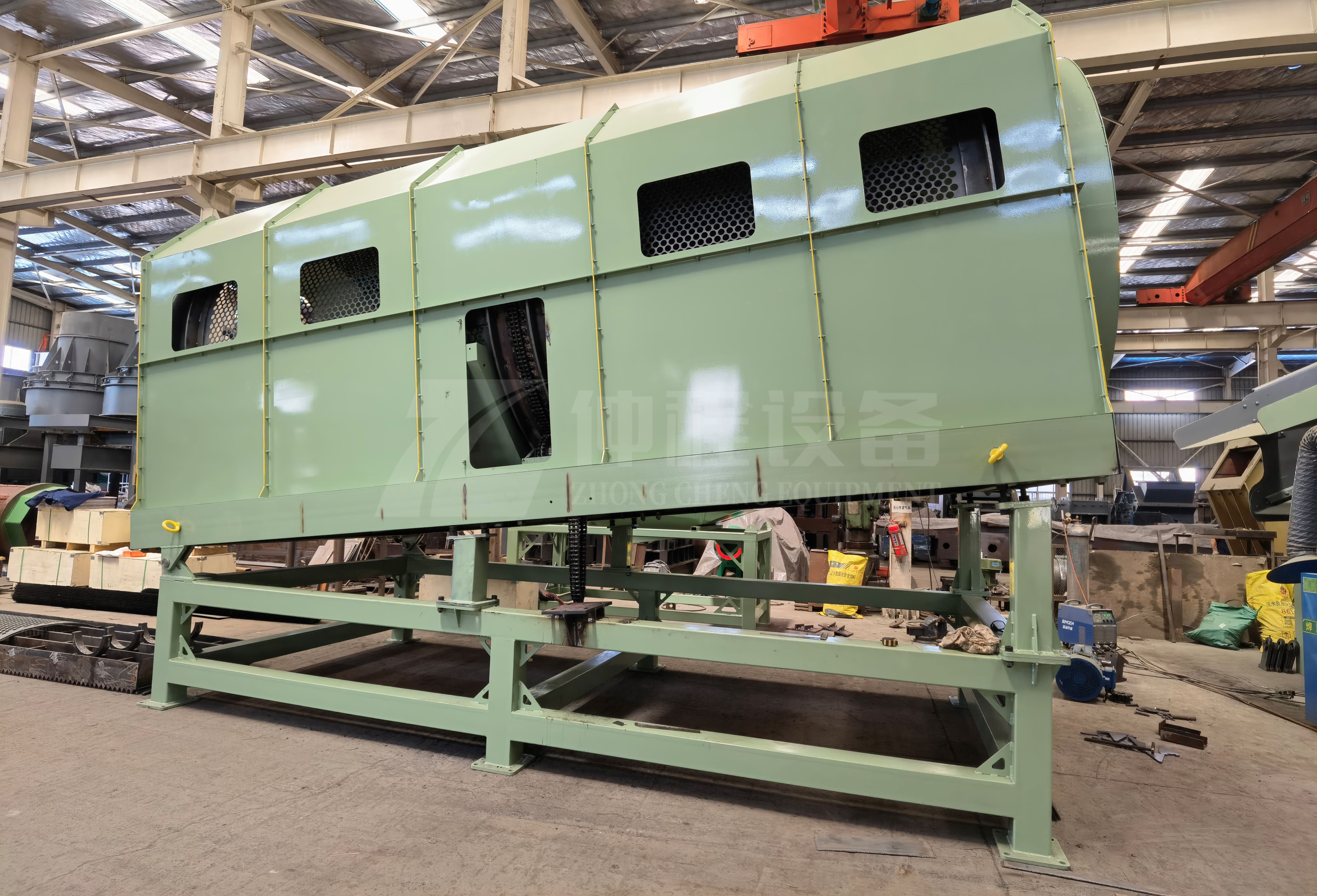
4.Food Processing: Maintaining Quality and Consistency
In the food industry, drum screens are used to sort and grade products like fruits, vegetables, and nuts. This ensures that only products meeting quality standards are packaged for sale.
Consistent Product Quality
Consistency is key in the food industry. Drum screens ensure that products are sorted by size and quality. This leads to a uniform product appearance, which is essential for consumer satisfaction.
Enhancing Packaging Efficiency
Efficient sorting leads to faster packaging. Drum screens enable food processors to handle large volumes of products quickly. This speed enhances packaging efficiency and reduces operational costs.
Conclusion: The Essential Role of Drum Screens
Drum screens have transformed processes in various industries. Their ability to efficiently separate materials enhances productivity and quality. From mining to food processing, these devices play a pivotal role in ensuring efficient operations. As industries continue to evolve, drum screens will remain a critical component of material separation.
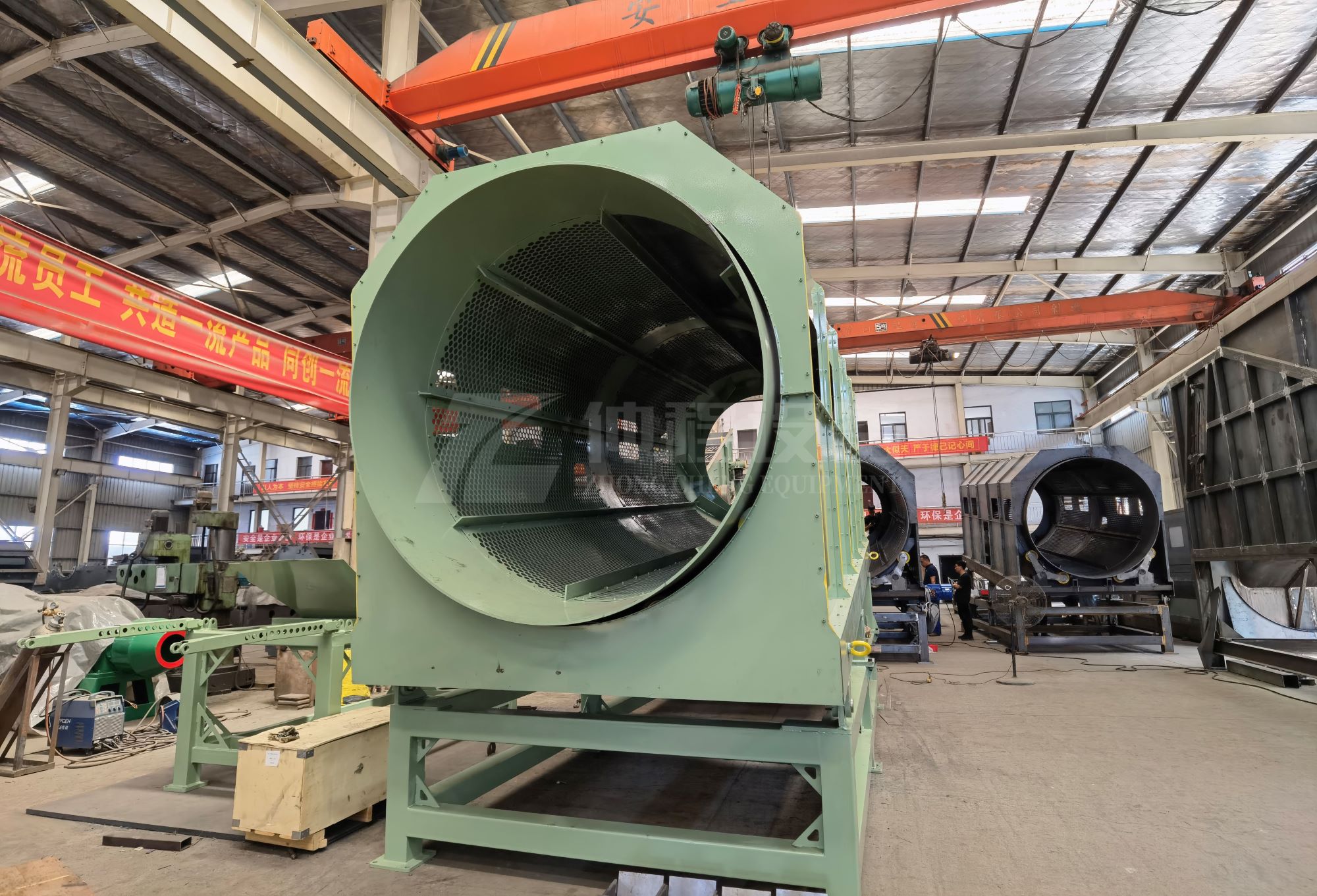
Frequently Asked Questions (FAQs)
1. What industries benefit the most from drum screens?
Drum screens are used in mining, agriculture, waste management, and food processing. Each industry benefits from improved efficiency and product quality.
2. How do drum screens improve mining operations?
They separate valuable minerals from ore, enhancing the quality of the final product and reducing processing costs.
3. Are drum screens essential in agriculture?
Yes, they ensure grains are free from contaminants, protecting consumer health and maintaining food safety standards.
4. How do drum screens contribute to environmental sustainability?
They aid in efficient recycling and waste disposal, reducing environmental impact and promoting sustainable practices.
5. What role do drum screens play in food processing?
They ensure consistent product quality by sorting and grading items, enhancing packaging efficiency.
-
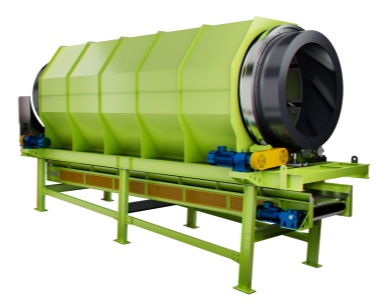 Trommel screenTrommel screen, also known as drum screens, are widely used in various industries for sorting and separating materials.Get Quote
Trommel screenTrommel screen, also known as drum screens, are widely used in various industries for sorting and separating materials.Get Quote -
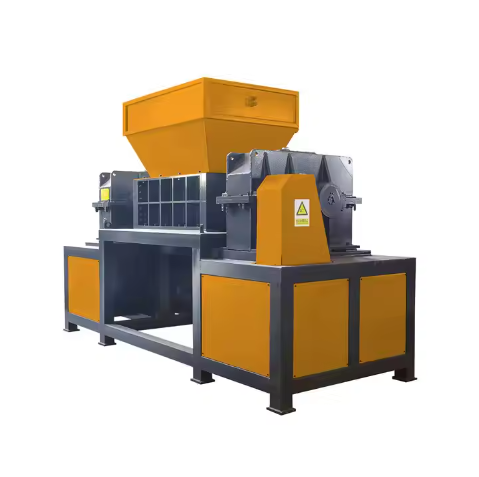 Crop straw double shaft shreddApplications:Biomass Energy Production: Shredded straw can be used as a feedstock for bioenergy plants to produce electricity or heat.Livestock Feed: Reduced-si...Get Quote
Crop straw double shaft shreddApplications:Biomass Energy Production: Shredded straw can be used as a feedstock for bioenergy plants to produce electricity or heat.Livestock Feed: Reduced-si...Get Quote -
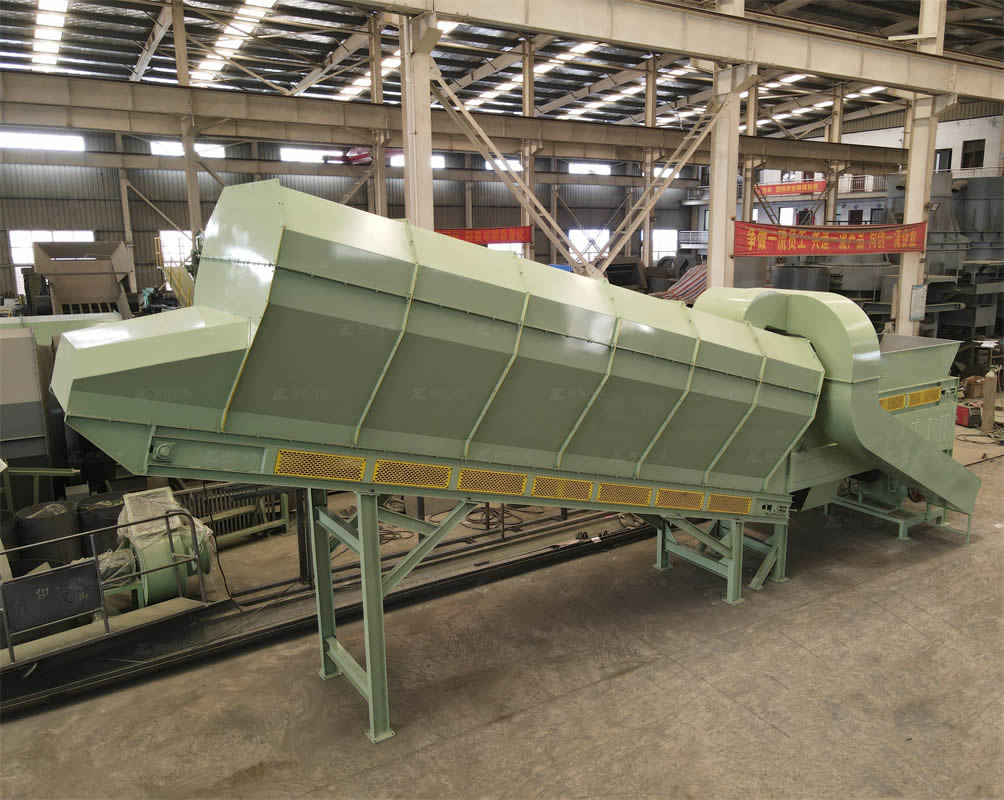 Zhongcheng Air Drum SeparatorAir drum separators effectively separate lightweight materials (e.g., plastics, paper) from heavier materials (e.g., metals, glass). This high efficiency is cru...Get Quote
Zhongcheng Air Drum SeparatorAir drum separators effectively separate lightweight materials (e.g., plastics, paper) from heavier materials (e.g., metals, glass). This high efficiency is cru...Get Quote
-
2023-01-18RDF Making MachineRDF (Refuse Derived Fuel) making machine is a specialized equipment used in waste management and energy recovery processes. Its primary function is to convert v...
-
2024-06-05Can the Angle of the Ballistic Separator Be Adjusted?Ballistic separator is a type of mechanical sorting device used primarily in the recycling industry to separate materials based on their physical properties. It...
-
2024-08-07Tire double shaft shredderOperation:Feeding: Whole or pre-cut tires are fed into the shredder through an inlet hopper.Shredding: As the tires enter the shredding chamber, the rotating cu...
-
2024-08-12Wood Pallet ShredderConsiderations When Choosing a Wood Pallet Shredder:Material Type: Different wood types may require specific configurations or materials of construction.Output ...
-
2023-01-12Waste FeederWaste feeder was specially designed to optimize municipal solid waste sorting systems. The Drum Feeder ensures that your sorting system, baler or shredder has a...



